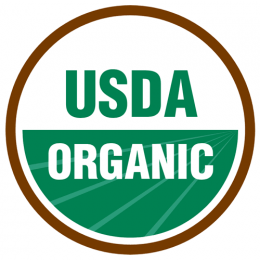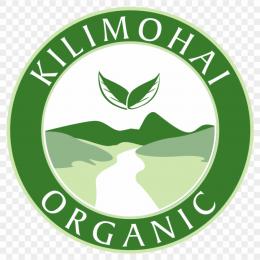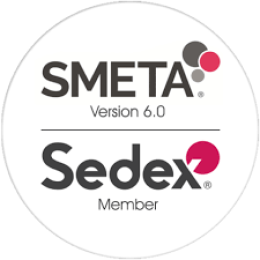How to consume:
- Eaten raw, after removing the hard outer shell
- Can be roasted to enhance flavor.
- Sprinkle on vegetable salad.
- Add in nutrition bars and granola bar
- Added in trail mix.
- Mix in multi-grain bread and other baked goods
- Make sun flower butter which can used as spread.
- Add in casseroles.
- Add in burgers and sandwiches. Good for vegans.
- Mix with breakfast cereal.
- Add in yoghurt and fruit salad
- Grind the seeds and coat on chicken, steak or fish.
Health Benefits:
- Good for digestion. Contains fibre which helps prevent constipation.
- Lowers risk of heart attack or stroke. Contain polyunsaturated fatty acids which lower cholesterol in the blood.
- Supports immune system Protect the body against free radicals’ damage thanks to high vitamin E and selenium content which areantioxidants effective against chronic disease.
- Boosts energy level.
- Lowers blood pressure. Magnesium present in sunflower seeds helps reduce blood pressure levels.
- Reduce chronic inflammation linked to stroke, cancer, diabetes, and neurodegenerative diseases e.g Parkinson’s and Alzheimer’s. This isdone by antioxidants present, mainly vitamin E which is found in mostnuts and seeds.
- Contain selenium important for cancer prevention, in DNA repair and detoxing the body of cancerous cells that may make up tumors.
- Managing Diabetes type 2. Adding sunflower seeds on most foods decrease carbs’ effect on blood sugar. High protein, fibre and fat content ensures gradual release of sugar into the blood stream.
- Weight loss. High fibre and protein content ensures you fill quicker and controls sugar levels in the blood.
- Traditional medicine. Used to promote healthy skin, prevent coughing and promote healthy lungs.











 Kweli Designs
Kweli Designs